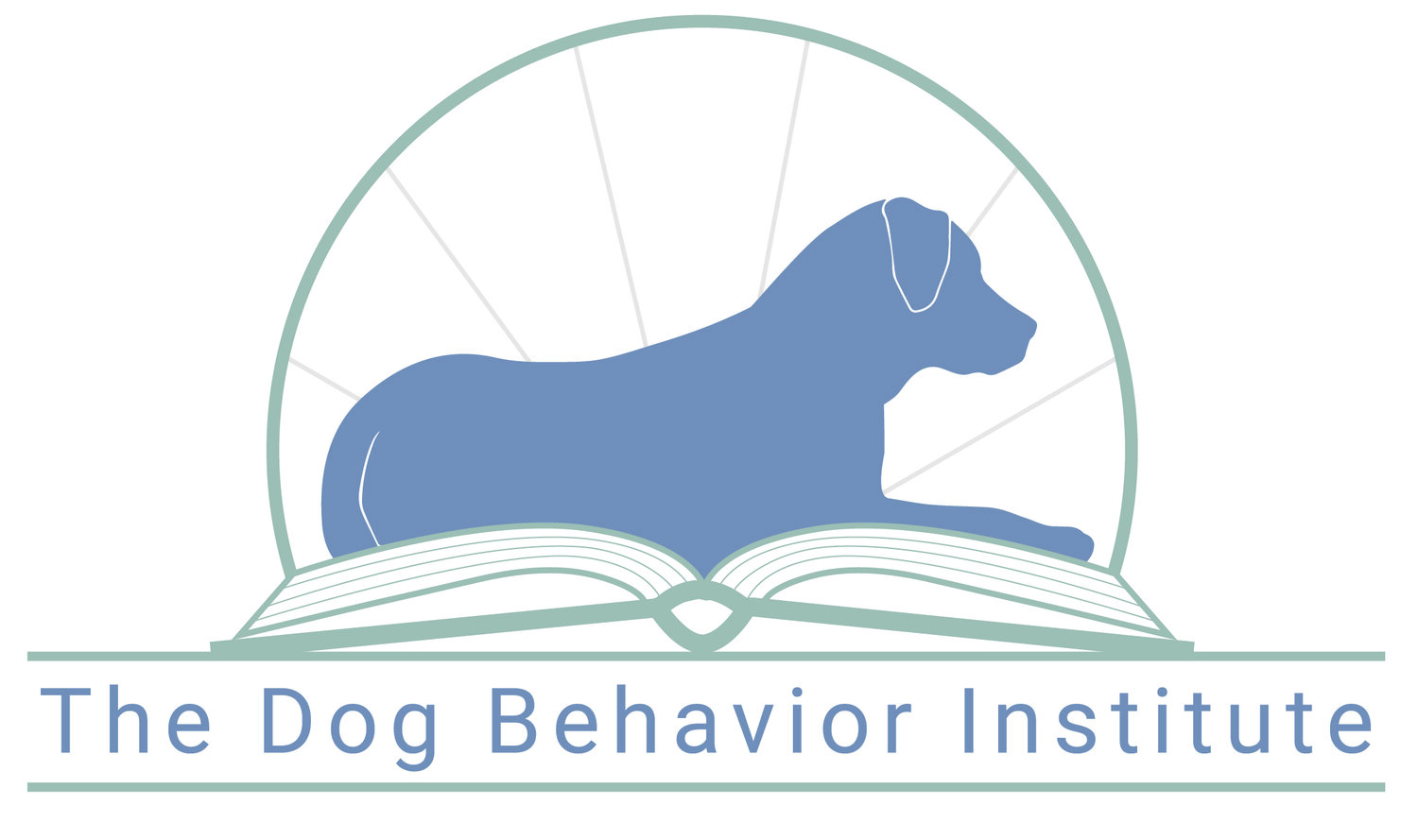Book Review: Separation Anxiety in Dogs by Malena DeMartini-Price, CTC
By Stephanie Keesey-Phelan, Ph.D. Behavior Analysis
A common complaint from dog caregivers and professionals alike is that dog training books rooted in evidence-based scientific practices are dry, full of jargon, and challenging to read. One book that bucks this trend is Malena DeMartini-Price’s Separation Anxiety in Dogs: Next Generation Treatment Protocols and Practices. DeMartini-Price’s book is an update to her previous book on the topic and is designed to be read by both dog guardians and dog professionals. I found Separation Anxiety in Dogs to be a very digestible book filled with both optimism and science.
Separation anxiety can be a daunting and overwhelming problem for dog caregivers. Aside from the heartbreak at seeing beloved dogs so anxious and panicked, separation anxiety can be isolating, not to mention physically, emotionally, and financially straining, for a caregiver who can no longer safely leave their dog at home. In severe cases in which the dog may cause injury to herself, separation anxiety can feel particularly hopeless. If you have felt this way, DeMartini-Price brings a breath of fresh air to the topic and offers hope in treatment success when she says that “If you have taken nothing away from this book other than the belief that separation anxiety is fixable, I feel I have done my job.”
Indeed, after having read the book, I think it would be impossible to come away from the experience without a profound, albeit realistic, optimism in the goal of resolving separation anxiety. DeMartini-Price lays out a clear and compelling case for treatment of separation anxiety through the use of systematic desensitization.
DeMartini-Price provides a clear description of systematic desensitization and its use in the treatment of separation anxiety. She is careful to describe realistic expectations for the pace of progress and warnings that regressions that may occur. DeMartini-Price also describes how to modify protocols for special situations such as those that come up with puppies or geriatric dogs, multi dog households, dogs who have noise phobias, and dogs in shelter or rescue environments.
What makes this book so valuable to both dog caregivers and professionals is how comprehensive it is and its basis in evidence-based practice. Before talking about how to conduct systematic desensitization, DeMartini-Price provides us with clear definitions of what separation anxiety is (and isn’t), the importance of collaborating with the dog’s veterinarian and veterinary behaviorists, what management systems are needed to ensure successful treatment, and the use of food toys and rewards in the training process. She does not shy away from discussing potentially controversial topics like the use of medication and alternative therapies, providing both her own clinical opinion and the research base to help the reader consider all available options.
Though DeMartini-Price provides a recipe for the treatment of separation anxiety, she emphasizes the importance of individualizing the treatment plan for each specific dog. This is exemplified by case studies at the end of the book that describe how treatment progressed for different dogs and their families. Throughout the book, DeMartini also brings in voices of veterinary behaviorists, and Certified Separation Anxiety Trainers* (CSATs) which add depth and nuance to the training package.
*Certified Separation Anxiety Trainers (CSATs) are those who have completed DeMartini-Price’s certification program involving over three months of intensity study on the treatment of separation anxiety.
DeMartini-Price’s approach to separation anxiety is one that I would love to see replicated across other types of canine behavior problems. It is firmly based in science but individualized to the specific needs of the dog and caregiver(s). Whether or not you are a caregiver who has a dog experiencing separation anxiety, or you are a trainer who takes on separation anxiety cases, I urge you to read this book for a beautiful model on how we can work toward resolution of behavior problems and increase the welfare and quality of life for our dogs.
Is your dog struggling with separation anxiety?
At The Dog Behavior Institute, we offer comprehensive separation anxiety treatment that is based on systematic desensitization. Click below for more information about our Separation Anxiety Treatment Program or to contact us for support.

